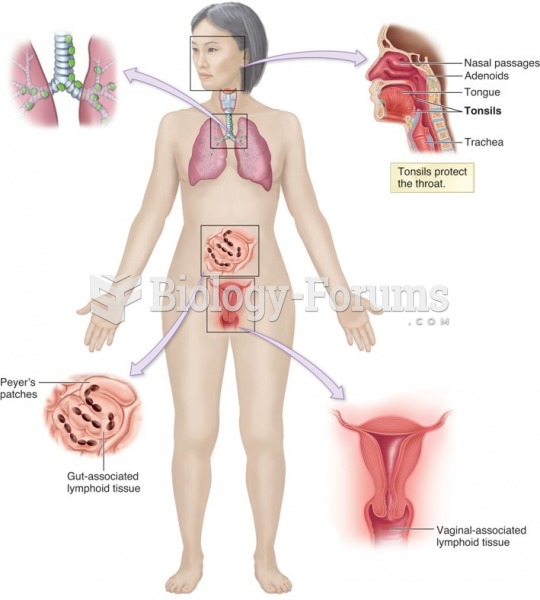|
|
|
A good example of polar molecules can be understood when trying to make a cake. If water and oil are required, they will not mix together. If you put them into a measuring cup, the oil will rise to the top while the water remains on the bottom.
Drug abusers experience the following scenario: The pleasure given by their drug (or drugs) of choice is so strong that it is difficult to eradicate even after years of staying away from the substances involved. Certain triggers may cause a drug abuser to relapse. Research shows that long-term drug abuse results in significant changes in brain function that persist long after an individual stops using drugs. It is most important to realize that the same is true of not just illegal substances but alcohol and tobacco as well.
About one in five American adults and teenagers have had a genital herpes infection—and most of them don't know it. People with genital herpes have at least twice the risk of becoming infected with HIV if exposed to it than those people who do not have genital herpes.
Congestive heart failure is a serious disorder that carries a reduced life expectancy. Heart failure is usually a chronic illness, and it may worsen with infection or other physical stressors.
Critical care patients are twice as likely to receive the wrong medication. Of these errors, 20% are life-threatening, and 42% require additional life-sustaining treatments.
 Mucosa-associated lymphoid tissue (MALT), including tonsils, adenoids, and gut-associated lymphoid ...
Mucosa-associated lymphoid tissue (MALT), including tonsils, adenoids, and gut-associated lymphoid ...
 Mucosa-associated lymphoid tissue (MALT), including tonsils, adenoids, and gut-associated lymphoid ...
Mucosa-associated lymphoid tissue (MALT), including tonsils, adenoids, and gut-associated lymphoid ...





